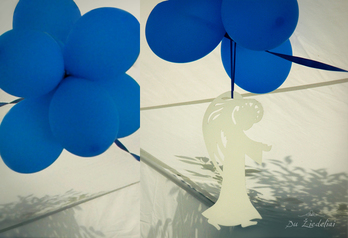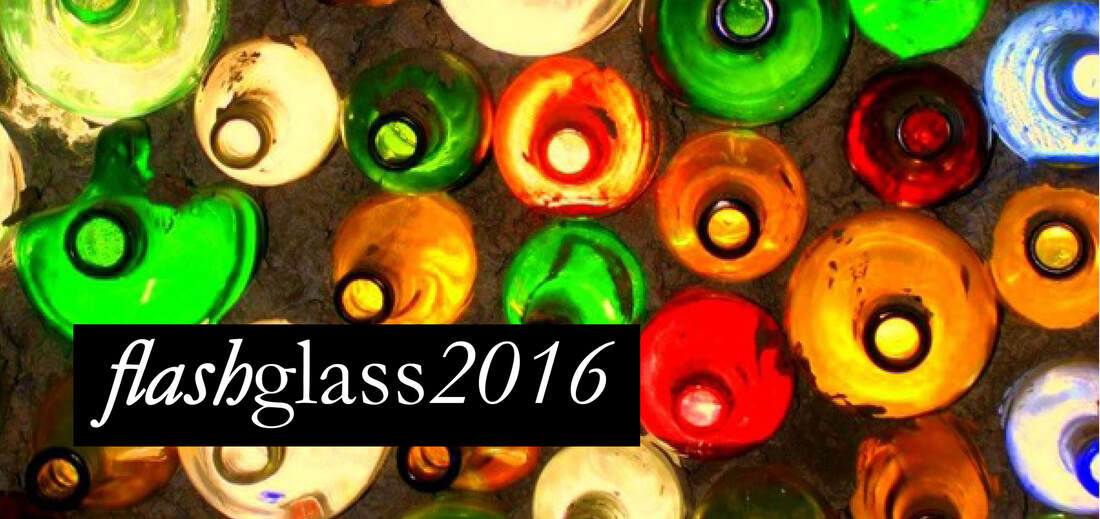 A man broke into the cigarette-smelling, moldy room of the halfway house on Western Avenue in Hollywood in 1972. My grandfather lay on the bed, with his one leg, his dark-dyed hair, his fine-cut houndstooth jacket, his stained wool pants, passed out, an empty bottle of brandy lying on the wooden floor. His paintings were stacked in the corner, beside a cigar box overflowing with gold chains, pins, diamond cufflinks. These were the only things my grandfather had left. The man, after glancing around the room, lifted a wooden chair and brought it down on my grandfather’s head. The man didn’t need to do that that little bit of violence, but I imagine that he wanted to make sure the stinking lout was dead. Then he gathered up the paintings, the jewelry, and cut out of there, into the dizzyingly bright sunlight. At a pawn shop down the street, he translated the booty into cash. And that was that. The police report later said it had been blunt force trauma, with a motive of robbery, that killed my grandfather. But it could just as well have said Nazis, or the Holocaust, or alcohol, or terror, or malnutrition, or loss of his family, or confusion, or the many other undiagnosable ills and accumulated plagues of a life. But maybe the police report summed it up as well as it could be summed up, after all. Blunt force trauma. “He was always a ladies’ man,” my great-aunt Irene, his little sister, told me once when I visited her. She wore a flowing, flowery dress, heavy European perfume, and bright red lipstick, and she talked in a thick Hungarian accent. “He’d keep the phone on the piano day or night, in Budapest, waiting for the calls.” That was before the war, before he went into hiding, before the family lost the deli and the house, before they went to displaced persons’ camps, before they crossed the Atlantic, before Alabama, before California, before the divorce, before the gangrene, before the halfway house. This, then, is how it ends. This is the final stop. In Hollywood, in a small, urine-soaked room, on a hot summer day, the sun rising to a crescendo over the smoggy city, the limitless future stretching ahead like a glistening freeway.
1 Comment
 Yesterday, a five-year-old boy drowned in the lake when he was out duck hunting with his dad. I overheard the girls at work talking about the Catholic church, how there’s nice people over there handing out balloons to support the family. When I get off work it’s late and nearly dark but sure enough when I pull into my small town, I see blue balloons tied to lamp-posts, mailboxes, tree branches, decks, and porch lights. It’s gotten cold tonight, it’s made the balloons shrink. They look droopy and saggy; they’re barely hanging on to those pitiful strings. I took care of a kid that choked and died from a balloon once. You better believe there were no balloons at my kid’s birthday parties. There were balloons at my sister’s son’s funeral. I don’t recall balloons at her first son’s funeral, but they were definitely at the second ones. She was in the car at the graveyard, and she wouldn’t get out. She kept crying, “I can’t do this again.” Her husband and some of her friends were gathered around the car. One of the girls had a bundle of blue balloons in one arm and she was hugging my sister with her other arm. Everyone was crying, and I looked over to where all the people were standing by the graves and wondered, “Dear God, why does she have to do this again?” “Can’t we just take her home?” Finally, she got out of that car, leaning on her husband, her friends and the girl carrying the blue balloons. I stood there with my three children, my partner and my ex-husband but I don’t remember what was said. I just stared at those damn balloons. After it was over, my sister’s friend handed out the blue balloons to the children and told them to let them go. The wind didn’t carry them very far. They made a popping sound like gunfire when they struck the tops of the trees inside the cemetery. I looked around, the little kids seemed disappointed, but nobody else showed any emotion. It’s as if we were all so numb and half–dead anyway, we couldn’t get any more deflated. I overheard someone mumble, “It figures.” My sister shrugged her shoulders.
|
FLASH GLASS: A MONTHLY PUBLICATION OF FLASH FICTION, PROSE POETRY, & MICRO ESSAYSCategories
All
Cover Image:
|
|
Glassworks is a publication of Rowan University's Master of Arts in Writing 260 Victoria Street • Glassboro, New Jersey 08028 [email protected] |
All Content on this Site (c) 2024 Glassworks
|




 RSS Feed
RSS Feed
